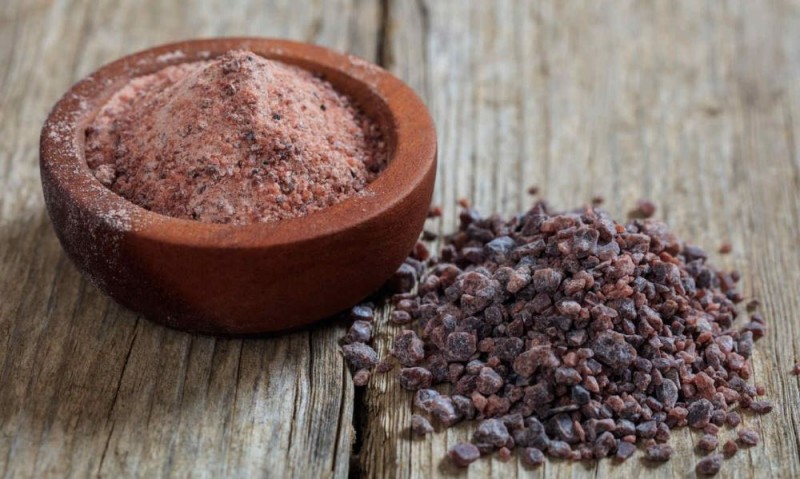
In the realm of culinary choices, black salt has gained immense popularity for its unique flavor profile and perceived health benefits. However, recent revelations suggest that this seemingly harmless condiment might not be as benign as it appears. Let's delve into the hidden aspects of black salt consumption that 90 percent of people might be overlooking.
Black salt's distinctive taste, often described as sulfurous and slightly tangy, has made it a favorite among chefs and home cooks alike. Its ability to elevate the flavor of various dishes has contributed to its widespread use in kitchens across the globe.
The perceived health benefits associated with black salt, such as aiding digestion and promoting respiratory health, have further fueled its popularity. Many individuals, however, might be unaware of potential drawbacks lurking beneath the surface.
Despite its health claims, black salt is not a low-sodium alternative. Excessive consumption can lead to elevated blood pressure and other cardiovascular issues, posing a significant risk to individuals with hypertension.
Unlike table salt, black salt lacks iodine, an essential micronutrient crucial for thyroid function. Prolonged use may contribute to iodine deficiency, leading to thyroid-related complications.
Research has raised concerns about potential contaminants present in certain varieties of black salt. The blind adoption of this condiment without considering its source might expose consumers to harmful substances.
To mitigate the risks associated with black salt, moderation is crucial. Understanding serving sizes and incorporating it judiciously into your diet can help prevent adverse health effects.
Considering the limitations of black salt, exploring a variety of salt options ensures a balanced intake of essential minerals. Incorporating iodized salt can address the potential iodine deficiency concern.
Taking a moment to scrutinize labels can be a game-changer. Being aware of the source and production methods of black salt allows consumers to make informed decisions.
Individuals with specific health conditions should consult healthcare professionals or nutritionists to determine the suitability of black salt in their diet. Personalized advice can help tailor dietary choices to individual needs.
Creating awareness campaigns about the nuances of black salt and its potential implications ensures that consumers make conscious choices aligned with their health goals.
Manufacturers play a pivotal role in shaping consumer perceptions. Encouraging transparent and responsible marketing practices can contribute to a more informed consumer base.
As we unravel the complexities surrounding black salt, it becomes evident that blind usage may pose risks that outweigh its perceived benefits. By approaching our dietary choices with mindfulness and understanding, we can savor the flavors of life while safeguarding our health.
Indian company launches a great budget smartphone for less than ₹ 7000, see beautiful pictures here
World Cancer Day 2024: Revolutionizing Cancer Diagnosis with ArtificiaI Intelligence